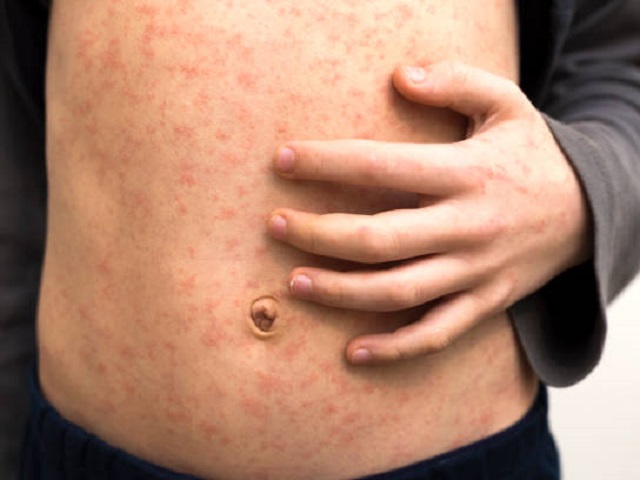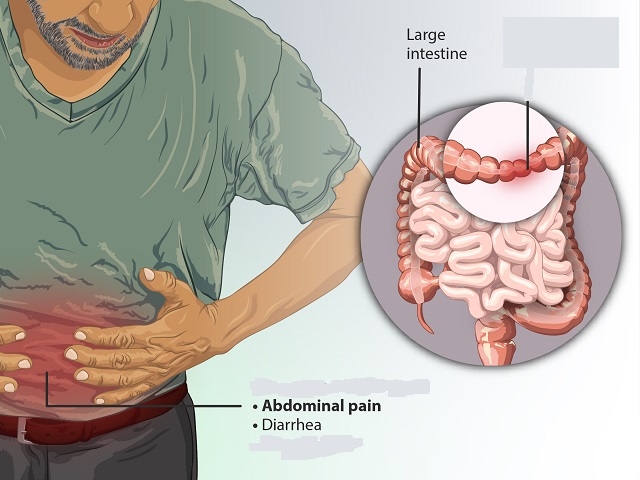8 Signs that You May Have Measles -- Symptoms, Causes, Effects, Treatment and Prevention
Measles, also known as rubeola, is a highly contagious viral infection that primarily affects children. It is caused by the measles virus and is characterized by a distinctive rash and flu-like symptoms. Measles can lead to severe complications, especially in young children and individuals with compromised immune systems.
Symptoms of Measles:
The symptoms of measles typically appear about 10 to 14 days after exposure to the virus and may include:
- High fever
- Runny nose
- Cough
- Red, watery eyes (conjunctivitis)
- Koplik spots (small white spots with bluish-white centers) inside the mouth
- Rash that starts on the face and spreads to the rest of the body
- Generalized body aches and pains
- Fatigue and irritability
Causes of Measles:
Measles is caused by the measles virus, which is highly contagious and spreads through respiratory droplets from an infected person. When an infected individual coughs, sneezes, or talks, the virus can be inhaled by others nearby. It can also spread by touching surfaces or objects contaminated with the virus and then touching the mouth, nose, or eyes.
Effects of Measles:
Measles can have various effects on the body, including:
- Complications: Measles can lead to serious complications such as pneumonia, ear infections, bronchitis, encephalitis (inflammation of the brain), and in rare cases, even death.
- Weakening of the immune system: Measles can suppress the immune system, making individuals more susceptible to other infections for a period of time after the initial infection.
- Malnutrition and dehydration: In severe cases, especially among malnourished children, measles can cause dehydration and malnutrition due to loss of appetite and difficulty eating.
Treatment of Measles:
There is no specific antiviral treatment for measles. Treatment focuses on managing symptoms and preventing complications. Measures that may be taken include:
- Rest and hydration: Getting plenty of rest and staying hydrated can help the body fight off the infection.
- Medications: Over-the-counter pain relievers, such as acetaminophen, may be used to reduce fever and alleviate discomfort.
- Vitamin A supplementation: Children with measles may be given vitamin A supplements, as this can help reduce the risk of complications and improve outcomes.
Prevention of Measles:
The most effective way to prevent measles is through vaccination. The measles vaccine, usually given in combination with mumps and rubella (MMR vaccine), is safe and highly effective. Other prevention measures include:
- Vaccination: Ensure that you and your family members are up-to-date with the measles vaccine, especially before traveling to areas with known outbreaks.
- Good hygiene practices: Practice regular handwashing with soap and water, cover your mouth and nose with a tissue or your elbow when coughing or sneezing, and avoid close contact with individuals who are sick.
- Isolation and quarantine: If you or someone in your household is diagnosed with measles, follow the recommended isolation and quarantine measures to prevent the spread of the virus to others.
References:
Centers for Disease Control and Prevention. (2021). Measles (Rubeola). Retrieved from https://www.cdc.gov/measles/index.html
World Health Organization. (2021). Measles. Retrieved from https://www.who.int/health-topics/measles/


















